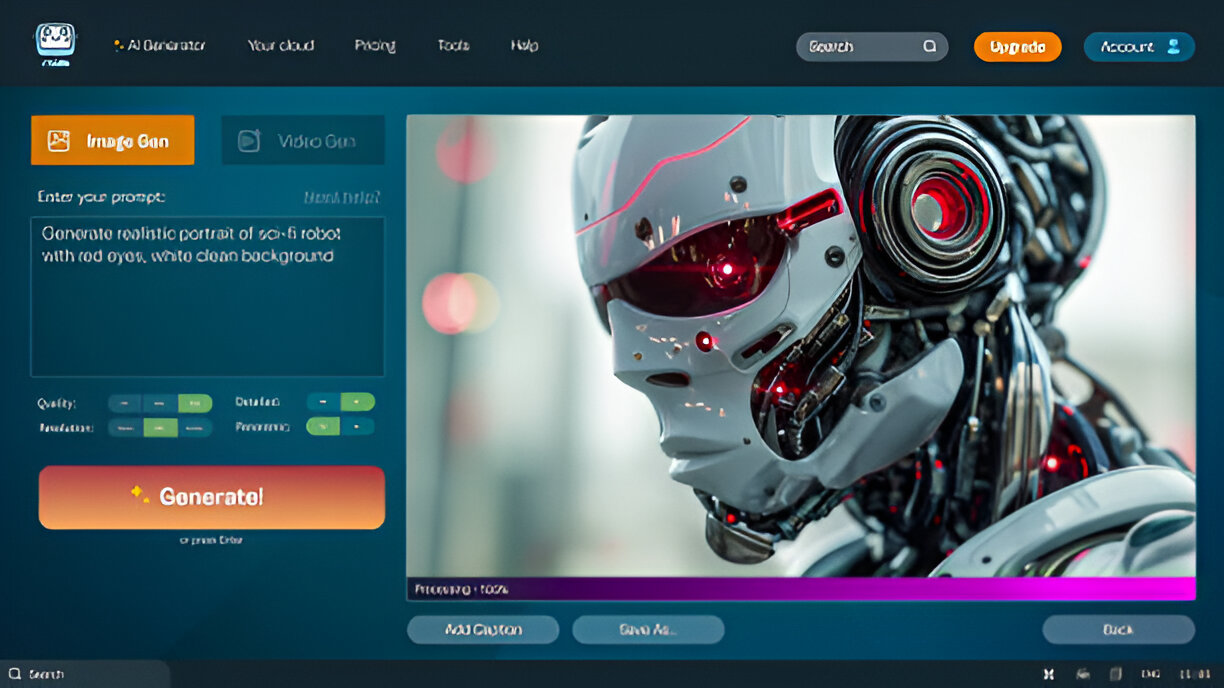As blockchain evolves from buzzword to backbone, more companies are realizing its potential far beyond cryptocurrencies. Whether it’s improving global logistics or transforming patient care, the tech is proving its value where transparency, speed, and trust are critical. Today, services for crypto listing agencies are in growing demand as blockchain projects from industries like finance, real estate, and tech seek to launch tokens and reach crypto markets.
At its core, blockchain technology is built on a distributed ledger — a digital record shared across a decentralized network. Every participant has access to the same, immutable version of the truth. Unlike centralized databases, this ledger can’t be retroactively altered without network consensus. Each block contains data cryptographically linked to the previous one, creating a secure and transparent audit trail.
This trust-by-design model reduces reliance on intermediaries and provides tamper-proof validation — key for sectors like finance, supply chains, and digital identity management.
One of the most powerful examples of blockchain in action is supply chain management. From tracking the origin of coffee beans to verifying pharmaceutical authenticity, blockchain helps eliminate fraud and inefficiency. Companies now use smart contracts — self-executing code stored on the blockchain — to automate tasks like payment release when goods are delivered.
Other real-world applications of blockchain technology include:
· Financial services. Blockchain shortens settlement cycles, reduces exchange-rate risks, and simplifies trade finance. It also underpins decentralized finance (DeFi) — a new wave of permissionless lending, staking, and borrowing without traditional banks.
· Healthcare applications. Secures electronic medical records, streamlines insurance processes, and supports data privacy across providers.
· Retail and luxury goods. Verifies product authenticity and improves customer engagement with blockchain-backed NFTs.
· Marketing and advertising. Enhances data transparency, reduces ad fraud, and allows better consent-based data sharing.
· Tokenization of assets. Converts physical assets (like real estate or artwork) into tradable digital tokens, increasing liquidity. Tokenization, in particular, is redefining ownership models, making high-value assets accessible to a broader range of investors.
Despite the momentum, cryptocurrency integration still faces hurdles. Regulatory uncertainty, security concerns, and onboarding friction are top roadblocks. Adoption also varies across borders due to differences in legislation and infrastructure. Moreover, integrating crypto into existing systems requires rethinking compliance, especially in regions with strict KYC/AML laws. But as blockchain matures and more platforms offer services tailored to compliance and scalability, these barriers are slowly breaking down.
From digital identity management to cross-border payments, blockchain is no longer just the playground of crypto enthusiasts — it’s becoming an enterprise staple. As adoption spreads, the key to success will be in finding practical, scalable use cases and building infrastructure that balances innovation with security. In the end, blockchain isn’t just changing how we move value — it’s redefining how we trust in the digital world.




Want to add a comment?